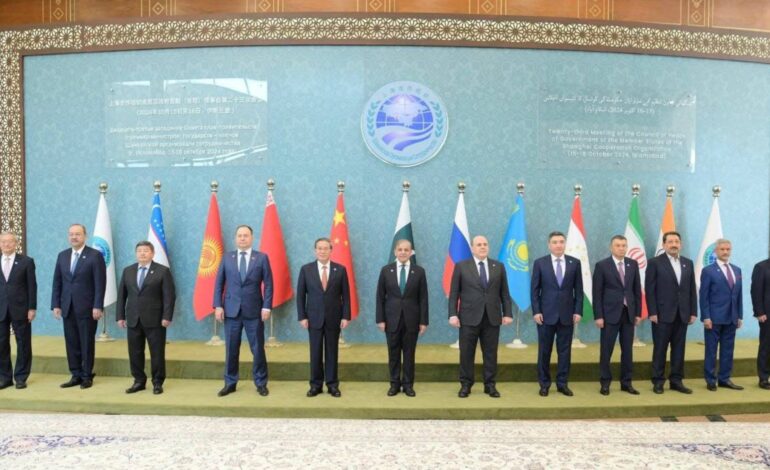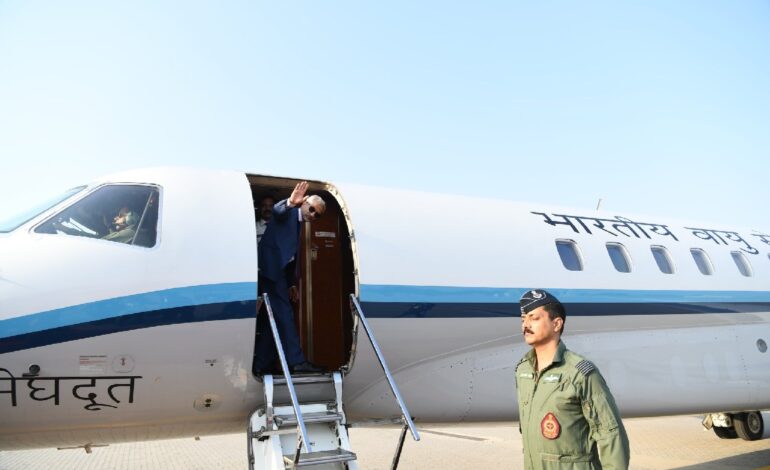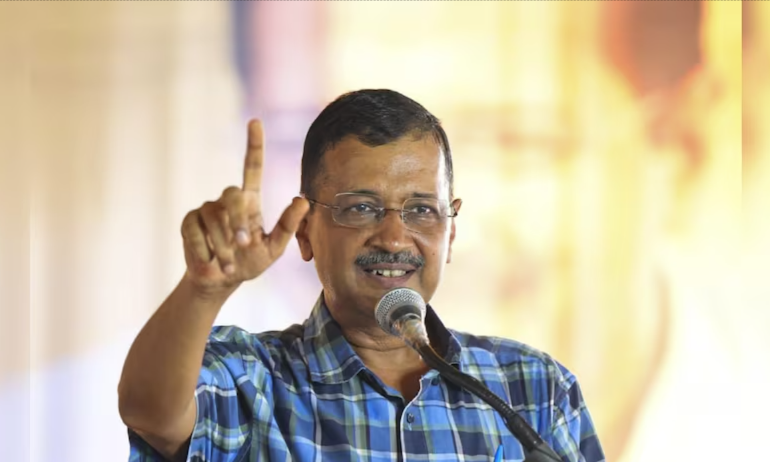
EAM Jaishankar Calls for UNSC Reform at SCO Meeting in Islamabad
During the Shanghai Cooperation Organization (SCO) Council of Heads of Government (CHG) meeting in Pakistan, External Affairs Minister S. Jaishankar reiterated India’s demand for urgent reforms in the UN Security Council to align with the evolving global landscape.
Speaking at the meeting, Jaishankar emphasized the need for “reformed multilateralism,” urging the SCO to lead the push for significant changes in the Security Council. He stated that the Council must become more representative, inclusive, transparent, efficient, effective, democratic, and accountable.
“Comprehensive reform of the UN Security Council, both in its permanent and non-permanent categories, is essential. As noted in July 2024 in Astana, the credibility and effectiveness of the UN depend on representing developing countries through comprehensive reform,” Jaishankar said.
India has been advocating for a permanent seat on the UNSC, but its efforts have faced resistance from certain existing members.
The External Affairs Minister also highlighted various global initiatives and national efforts relevant to the SCO, including the International Solar Alliance, which promotes renewable energy, and the Coalition for Disaster Resilient Infrastructure, which prepares for climate-related events. He mentioned Mission LiFE, which advocates for sustainable living, as well as the promotion of yoga and millets for wellness and environmental benefits.
Jaishankar also pointed to India’s involvement in the Global Biofuel Alliance, which supports energy transition, and the International Big Cat Alliance, aimed at protecting biodiversity. He noted India’s successful implementation of digital public infrastructure and the impact of women-led development.
Earlier in his address, Jaishankar conveyed a strong message to Pakistan regarding cross-border terrorism, identifying “terrorism, extremism, and separatism” as the “three evils” that must be addressed to foster cooperation and integration. He remarked that activities characterized by these issues would hinder trade, energy flows, connectivity, and people-to-people exchanges.


